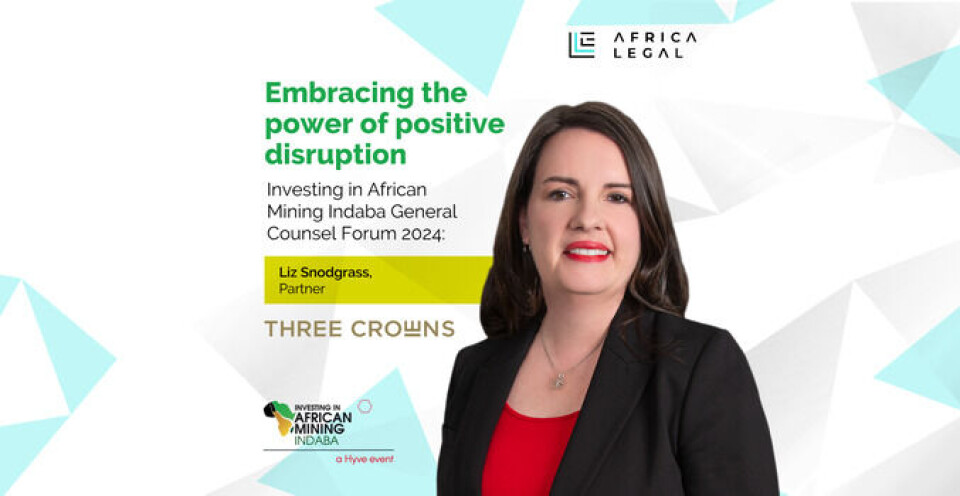Delivering the keynote address at the fifth annual GC Forum, Liz Snodgrass, partner at Three Crowns LLP, highlighted the difference between positive and negative disruption, emphasising that in-house lawyers ought to embrace the power of positive disruption, ensuring they emerge from interactions as positive disruptors and avoid being seen as naysaying voices that only raise problems.
Although Snodgrass admits she has never worked as an in-house lawyer, experience has taught her that they face the same challenges as external counsel and are often not invited to share their opinions because involving lawyers in decisions is costly in time and money terms, and clients worry they will throw up roadblocks to meeting commercial objectives. When lawyers are invited to the table to share their thoughts, they are often asked to limit their scope to “strictly necessary” clauses or are only given partial information about the situation at hand.
So how can GC and external counsel overcome these challenges?
To start with, as a way to reduce the information deficit, “ask as many questions as your client will tolerate,” advises Snodgrass. “If you don’t know the big picture you can only spot problems, not solve them,” she pointed out.
In line with other speakers at the Forum, Snodgrass emphasised that a GC’s role is as a business adviser with legal training, not just as a legal adviser.
Snodgrass stressed the huge need for legal advisers to be welcomed at the board table, but acknowledged that often the biggest problem a GC faces is getting clients to appreciate that they can be positive disruptors. She suggested a number of ways to get around this:
-
Invest time in understanding your client’s business and their challenges. This will sensitise you to the wider commercial situation and allows you to proactively look for solutions to problems that may crop up.
-
Provide free and proactive alerts and advice which is directly tied to the business realities you’re aware of. For example, explain to your clients why they should care about new legislation.
-
Use your legal expertise to predict problems you know can arise. This may be done through conducting “post-mortems” of key disputes in your sector and implementing those learnings, or by proactively assessing contracts. Involving external counsel in this exercise can be very beneficial.
-
Hone your skills of persuasion to get your client to accept your unpopular opinions. It may also be useful to get external counsel involved here as a way of adding weight to your advice.
-
Think of yourself as marketing your services to your client even though you’re an in-house lawyer.
“The main value we add is in helping our clients realise how legal advice fits into the bigger business context,” Snodgrass said, reminding the audience that both external counsel and in-house lawyers can help change a “no” to a project into a “you can do that, but not in the same way you’re proposing”. By coming up with creative solutions to challenges facing the business, in-house lawyers can ensure they’re embraced as positive disruptors.
Hosted by Africa Legal, this year the GC Forum was sponsored jointly by Three Crowns LLP, Shearman & Sterling and the GREAT Legal Services campaign.
To join Africa Legal's mailing list please click here

